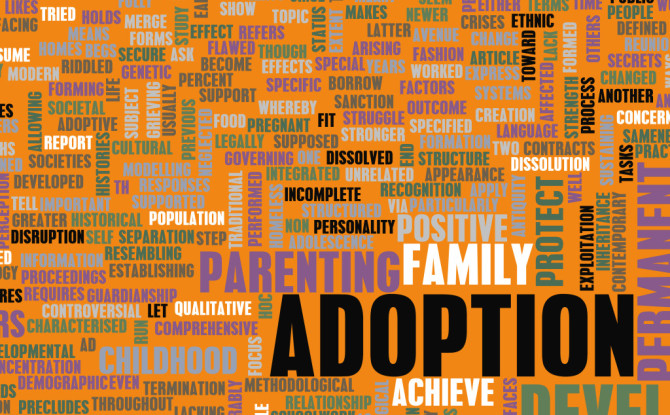
Get gay adoption statistics & facts
Familiarize yourselves with gay adoption statistics and facts before starting your family
While marriage equality is now the national standard, the laws concerning families of same-sex couples are just as muddled as ever, if not more so. Before beginning your family, it’s important to do a little research beforehand on gay adoption statistics and facts.
Gay Adoption Statistics
As many as 6 million children have gay parents, and that number is growing. According to 2010 US Census data, about 20% of same-sex couples are raising children. What does this mean? It means you and your child, current or future, are not alone.
Children of same-sex parents, even high-risk children, fare just as well as children of opposite-sex parents. While this seems like common sense, having scientific evidence confirming that gay parents are indeed just as good as non-gay parents (or also, a lack of scientific evidence that same-sex parents cause harm to children) means that while family laws are lagging behind, they should eventually catch up in giving all families equal rights in adoption. This doesn’t, however, mean you should or need to wait to start your family! Gay adoption statistics aside, here are a few facts and considerations to keep in mind before beginning the family planning or adoption process.
Get gay adoption statistics & facts before family planning
- If you’re planning on adopting, filing a joint petition for adoption is generally the better option, as it automatically recognizes both partners as legal parents. In the state of New York, you need not be married to do this, however this may vary state to state.
- Marriage does not automatically create legal parentage. If you are considering artificial insemination or surrogacy, it’s important that the non biological parent establishes a legal relationship with the child through the co adoption process, even if that parent is named on the birth certificate.
- If your partner already has a child, you will need to petition for a stepparent adoption. In order to do this, the child’s other biological parent has to surrender their legal parental rights to that child.
- It’s important to investigate adoption laws of the state in which you reside, as many states give preference to married couples over unmarried couples when adopting or fostering a child. Adoption laws also vary by county.
- Once a legal relationship has been established between parent and child, this legal relationship will be recognized nationally.
- It is vital that both parents have established a legal relationship with their child in the event that the biological or adopted parent becomes incapacitated or in the event the relationship dissolves. In the event of either of those situations, the non biological or adopted parent risks losing custody rights of the child.
Regardless of how you intend to grow your family (through adoption, foster parenting, surrogacy or artificial insemination), it’s important to hire a family attorney experienced in adoption laws in your state and county to help you navigate the intricacies of the law and to make sure you make it through the process with no complications. For a well-vetted family attorney in New York, call Anthony M. Brown, head of Nontraditional Family and Estates division of Albert W. Chianese & Associations, at 212-953-6447 or email questions to Brown@awclawyer.com.
